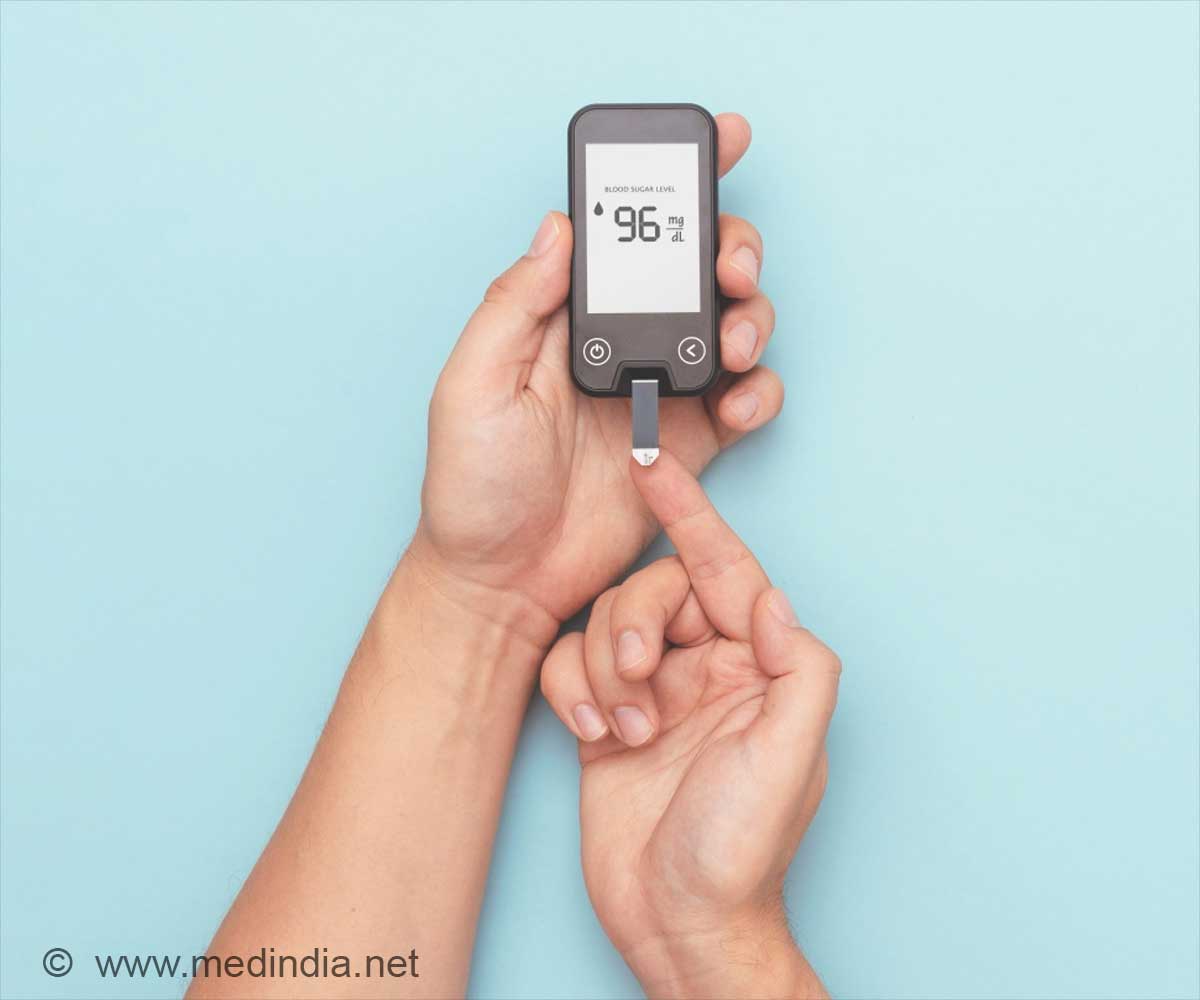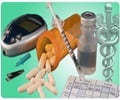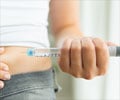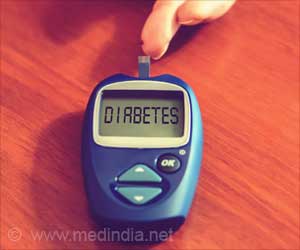Increased glucose monitoring during surgical procedures could improve the perioperative and surgical care provided by anesthesiologists.

In a recent survey of 269 hospitals across the U.S., one third of respondents indicated they had no metric to track the quality of inpatient diabetes care. Unfortunately, the optimal strategy to manage blood sugar in diabetic patients undergoing surgery is still up for debate, and this study establishes that increased vigilance through perioperative monitoring provides clinicians an important method for greatly improving care for this significant patient population.
"Avoiding extremes in blood glucose values, especially hypoglycemia or low blood sugar, is imperative to ensuring the safety of diabetic patients during surgery," said study author Jesse M. Ehrenfeld, M.D., M.P.H., Department of Anesthesiology and Biomedical Informatics, Vanderbilt University School of Medicine, Nashville, Tenn. "This is particularly important for surgical patients because the clinical signs of hypoglycemia can be masked by general anesthesia while patients are unable to communicate with their physicians."
About the Study
A prospective multicenter trial was launched in which electronic notifications were provided to anesthesia providers during surgery to guide their performance of intraoperative glucose testing. A total of 13,384 patients were enrolled from May 2010 to July 2012. The "Intraoperative Glucose Monitoring Alert" recommended that glucose be measured every hour if insulin was administered during surgery, and every 120 minutes if a diabetic patient was undergoing surgery, but not receiving intraoperative insulin. The following results were measured: the impact of these point-of-care notifications on glucose monitoring, dangerously out-of-range blood sugar values, surgical site infection rates and hospital length of stay.
To date, the results indicate the rate of glucose testing during surgery was greatly improved, and fewer patients had a dangerously abnormal glucose value. Statistically significant reductions in surgical site infections and 14-day readmissions were also observed in the intervention group.
Already, the implementation of intraoperative glucose monitoring notifications have led to an important improvement in surgical care, reduced markedly abnormal glucose values, fewer surgical site infections and reduced hospital readmissions post-surgery.
Advertisement
The American Society of Anesthesiologists
Anesthesiologists: Physicians providing the lifeline of modern medicine. Founded in 1905, the American Society of Anesthesiologists is an educational, research and scientific association with 48,000 members organized to raise and maintain the standards of the medical practice of anesthesiology and improve the care of the patient.
Advertisement
Connect with ASA on social media. Join the ANESTHESIOLOGYâ„¢ 2012 annual meeting conversation - Follow #ANES2012 on Twitter.
This news release is protected by copyright. American Society of Anesthesiologists attribution is required.
Copyright ©2012. American Society of Anesthesiologists. All Rights Reserved.
# # #
Source-Newswise













